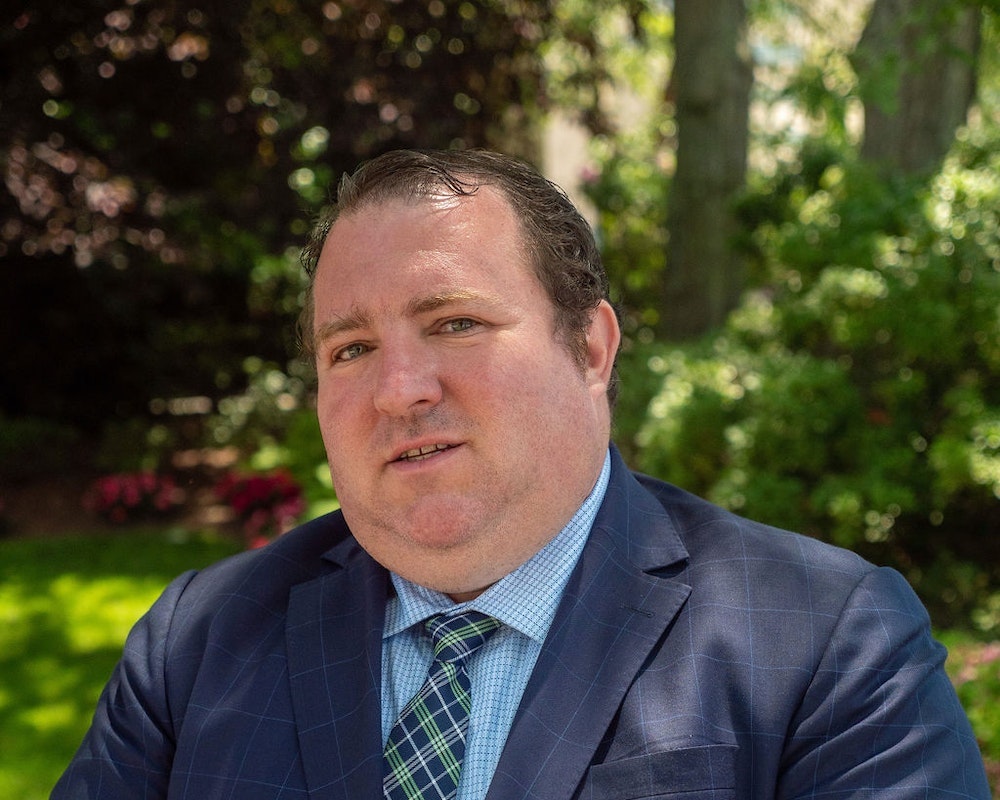NEW YORK TRUST LITIGATION ATTORNEYS No One Cheats You Like Family
If you are the beneficiary of a trust and you didn't get what you are entitled to, you need an experienced New York commercial litigation attorney who handles trust litigation cases. Our New York commercial litigation attorneys, who handle trust cases, know that all too often, a family member created a trust for your benefit, but the person they left in charge of your trust, treated the trust as if it existed for their own benefit. Too often trustees forget that the trust, is for the benefit of the beneficiary and not the trustee. If you believe that you were cheated out of your trust, or didn't get all the money that you were entitled to under the trust, call our New York trust litigation attorneys.
Our trust litigation attorneys, know that the beneficiaries are often at a financial disadvantage, compared to those who have control of the trust. Our commercial litigation lawyers also know that this disparity in assets and information, can make it difficult to get the justice that the beneficiary of the trust deserves. If you are the beneficiary of a trust and were cheated out of your trust assets, and you cannot afford to pay high hourly fees to hire experienced N.Y.C. commercial litigation lawyers, our New York trust litigation attorneys frequently take trust cases on contingency. In other words, we take trust cases on contingency so that an inability to pay an attorney's fee does not prevent the beneficiaries from recovering the trust property, that is theirs, in the first place. We take the risk of not getting paid, so that you can get what you deserve.

WHAT ARE MY RIGHTS IF I HAVE A TRUST AND I DON'T THINK I RECEIVED WHAT I WAS ENTITLED TO?
Our New York trust lawsuit lawyers know that every beneficiary has a right to an accounting. The trustee is required to maintain records of all of the transactions involving trust property. You as the beneficiary have a right to see what the trustee is doing with the money or investments that were set up for your benefit.
The Trust Exists For Your Benefit- Not The Trustee's Benefit
The most fundamental duty a Trustee owes to the beneficiary is the duty of loyalty and it is implicit in a trustee's duty of loyalty that they are prohibited from self dealing.
HOW LONG DO I HAVE TO FILE A LAWSUIT ?
One of the most common questions that our New York trust lawsuit attorneys are asked is how much time do I have to file a lawsuit. The applicable limitations period depends on the substantive remedy that the plaintiff seeks. For example the statute of limitations for conversion is one year, but the statutes of limitations for breach of fiduciary duty and for equitable remedies, like an accounting are six years.
THE ACCRUAL DATE IS THE MOST IMPORTANT FACTOR
One of the most common questions that our Westchester and NYC commercial litigation attorneys are asked, is "Am I Out of Luck If The Trustee Stole Money More Than Six Years Ago?" The answer is usually NO, because of the accrual date. Often times the accrual date in a trust case is more important than the statute of limitations. Accrual means when the time for a statute of limitations defense begins to run.
In the trust context, the statute of limitations for any cause of action, is measured from the time that the trustee openly repudiated his or her obligation or the relationship has been otherwise terminated. In other words, as long as the trustee remains the trustee, the statute of limitations has not yet begun to run. For the statute of limitations to bar an action in the trust context, mere lapse of time is not sufficient, but an act of repudiation which is made known to the beneficiaries is necessary. This law prevents crooked trustees who steal from the trust from getting away with it, just because they kept the beneficiary in the dark, about what they were doing. New York law recognizes that until that repudiation occurs the beneficiaries of the trust are entitled to assume that the trustee if performing their responsibilities.
Trust beneficiaries also can benefit from the Estoppel rule. Affirmative wrongdoing and concealment by a fiduciary are equitable grounds to estop a
party from asserting the statute of limitations as a defense. Where the fiduciary commits a fraud or concealment, the statute of limitations does not run on an accounting claim.
NEW YORK FOLLOWS THE DISCOVERY RULE IN TRUST CASES
Causes of action for fraudulent breach of fiduciary duty, and aiding and abetting breach of fiduciary duty, are subject to a two-year discovery rule, that runs from the time a trustee knew or with reasonable diligence could have discovered, the wrongdoing, if that is later than the applicable statute of limitations.
So if you are a beneficiary who suspects that the trust was mismanaged or the trustee engaged in self dealing, don't just assume that it is too late to do anything about it. Call our New York City and Westchester Trust Litigation attorneys.









